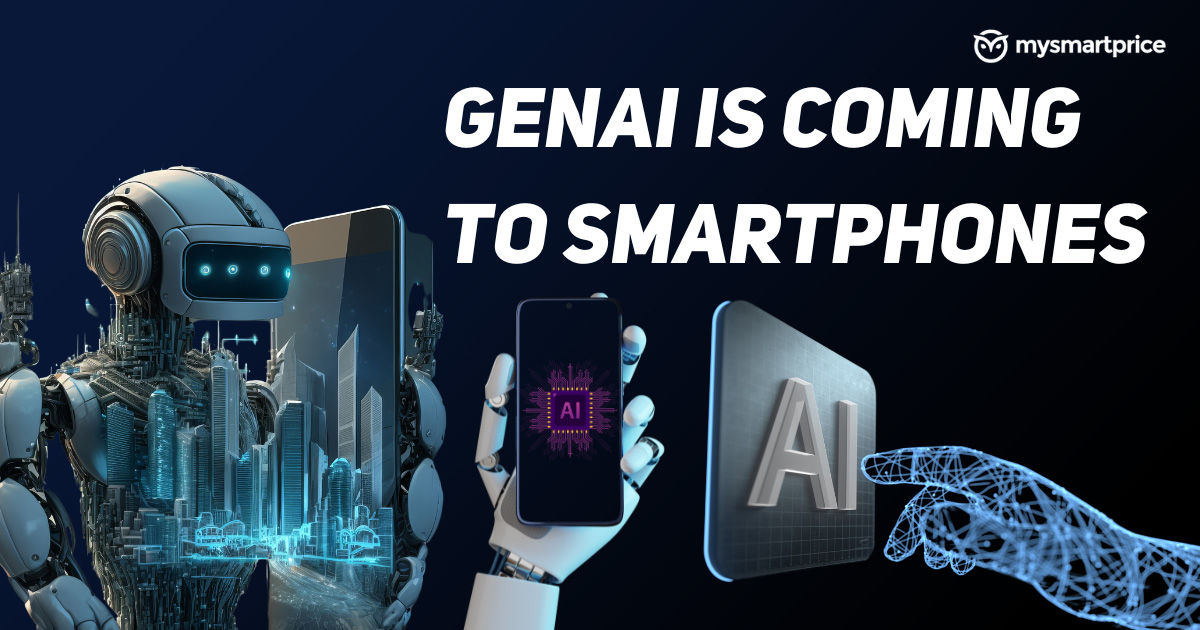
Can you imagine a smartphone without any apps? One where the AI assistant is smart enough to cover all your needs? It sounds unnerving. But the truth is that we might soon have to imagine living with an entirely different kind of smartphone – one where generative artificial intelligence (GenAI) is front and centre. And companies are already gearing up to showcase concepts around this idea. Deutsche Telekom and Qualcomm plan to showcase an AI concept phone at the upcoming Mobile World Congress (MWC) 2024 in Barcelona.
The introduction of GenAI also means new possibilities. It means more powerful devices to compute some of these tasks. Some queries or tasks might be cloud-only. And yes, companies could even look at charging subscriptions for these ‘AI’ features in the future. Let’s examine how GenAI’s presence on smartphones will continue to increase and what it might mean for users.
The AI concept phone
The AI concept phone proposed by Deutsche Telekom and Qualcomm has an interesting proposition. This device will be dependent entirely on the AI-powered assistant. According to an official press statement, the two companies are partnering with Brain.ai, which is a company that claims to make AI “human-centric and natural to use.”
In this concept phone, the assistant is presented as the ‘concierge,’ eliminating any need for apps on the device.
The assistant will handle any needs for shopping or booking tickets for an upcoming trip. This assistant will be capable of editing videos and photos as well. Users will be able to control the assistant with text-based or voice requests.
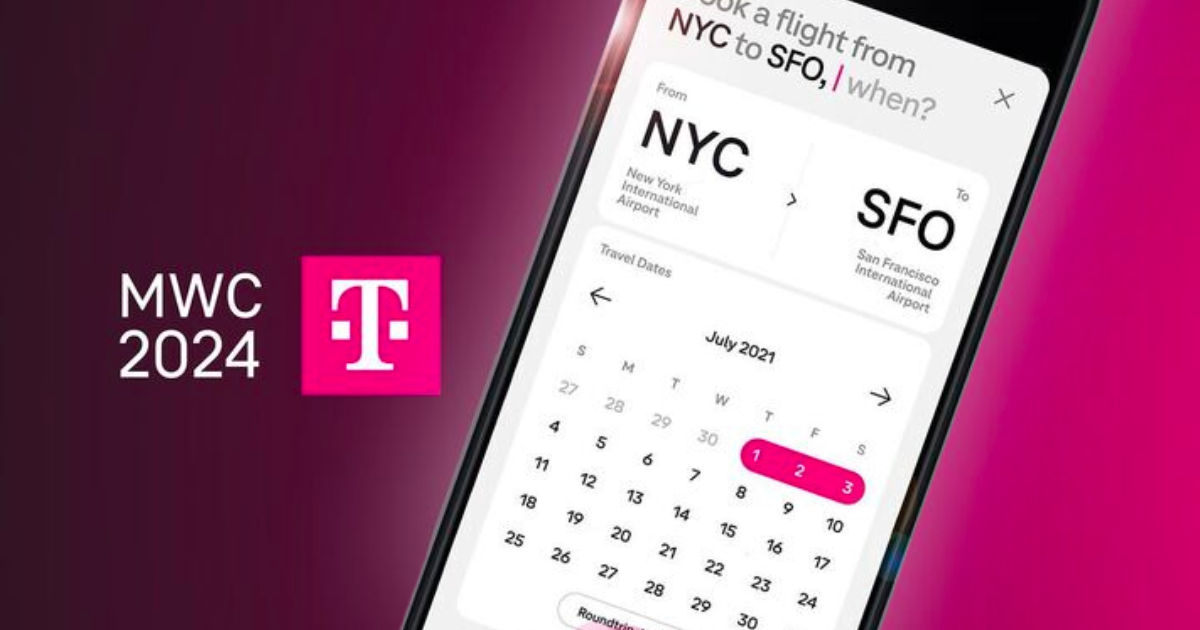
Of course, the “AI is located in the cloud,” as the press release notes, which means this device will need to stay connected online to fulfil these magical requests. Sure, this concept phone is unlikely to make its way to India. But it gives an insight into how AI will take over our phones.
GenAI is Making Its Mark on Smartphone Software
Concept phones aside, we are already seeing companies incorporate more elements of GenAI into flagship smartphones. AI has been used to improve smartphone photography, the most common use case. But companies are now going beyond this.
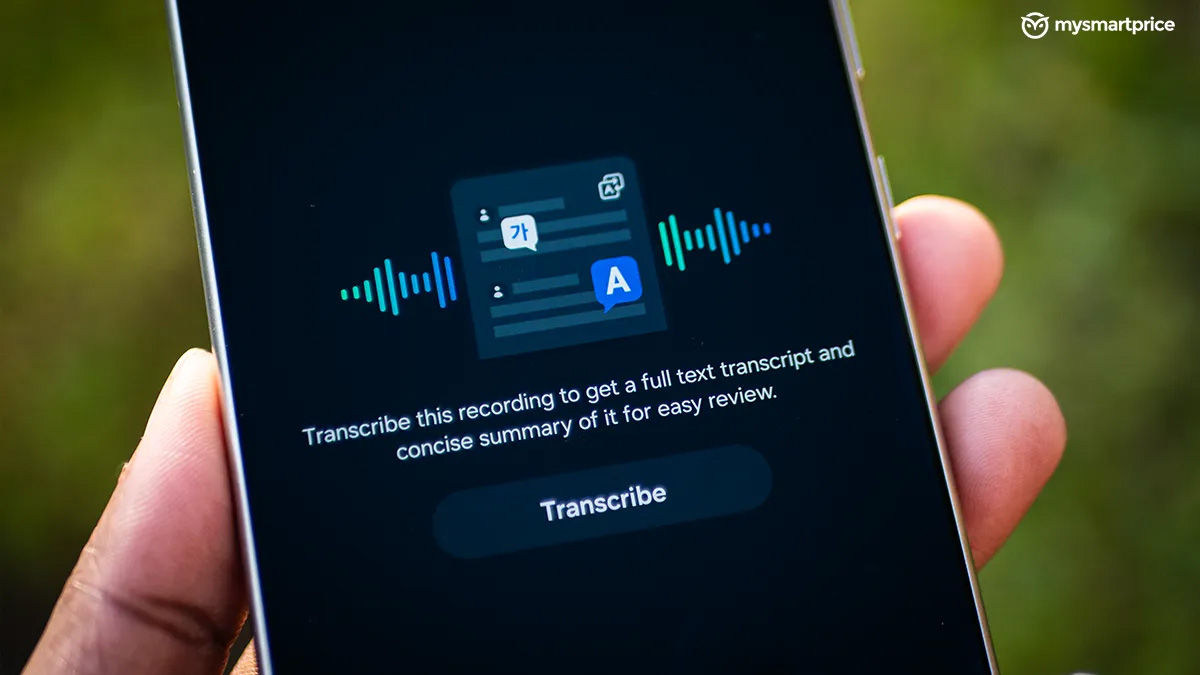
- Samsung’s Galaxy S24 series has several GenAI features, eliminating the need for specific apps. Want to convert a video shot in regular mode to slow mode? No worries, the Galaxy S24’s native video editor can help you achieve that quickly. Need a live call translated from a different language? The S24 will do that natively. A quick summary of a long document on the device? GenAI on Notes will do the same.
- Google is also doing something similar with the Pixel phones. The company’s Gemini Nano – one of its Large Language models (LLMs) – runs on the device, ensuring better efficiency. For instance, Google also introduced Magic Compose (up to Pixel 6 and newer), which relies on GenAI to help users rewrite messages based on tone, etc. Gemini Nano powers this feature.
- The Pixel 8 and 7 phones have AI-based photo editing thanks to the Magic Eraser. There’s also Circle to Search, which has come to both Pixel 8 and S24 series, where users can just “circle, highlight, scribble or tap” on any piece of information they see on the device and do a search for the same. If you want to find out what clothes an actor is wearing, you just need to double-tap on the navigation bar and then circle on that area of your phone’s display. The interface intuitively understands that you need more information.
- Companies like Oppo and OnePlus are also adding AI-based features to their software. Oppo recently introduced features such as ‘Call Summary’ and ‘AI Deletion’. The AI Call Summary will create reminders and to-do lists based on call conversations. It also gives the user a detailed call summary. While these features are still limited to China, the expectation is they will soon expand to other countries.
- Finally, Apple will introduce GenAI features with iOS 18 later this year. The expected features are auto-summarization, a smarter Siri, and AI integration into Apple Music. Reports also claim that Apple plans to make improvements to the Neural Engine on the iPhone 16 – the processor responsible for computing AI and machine learning-related tasks – and presumably, this is to handle the upcoming AI features of iOS 18.
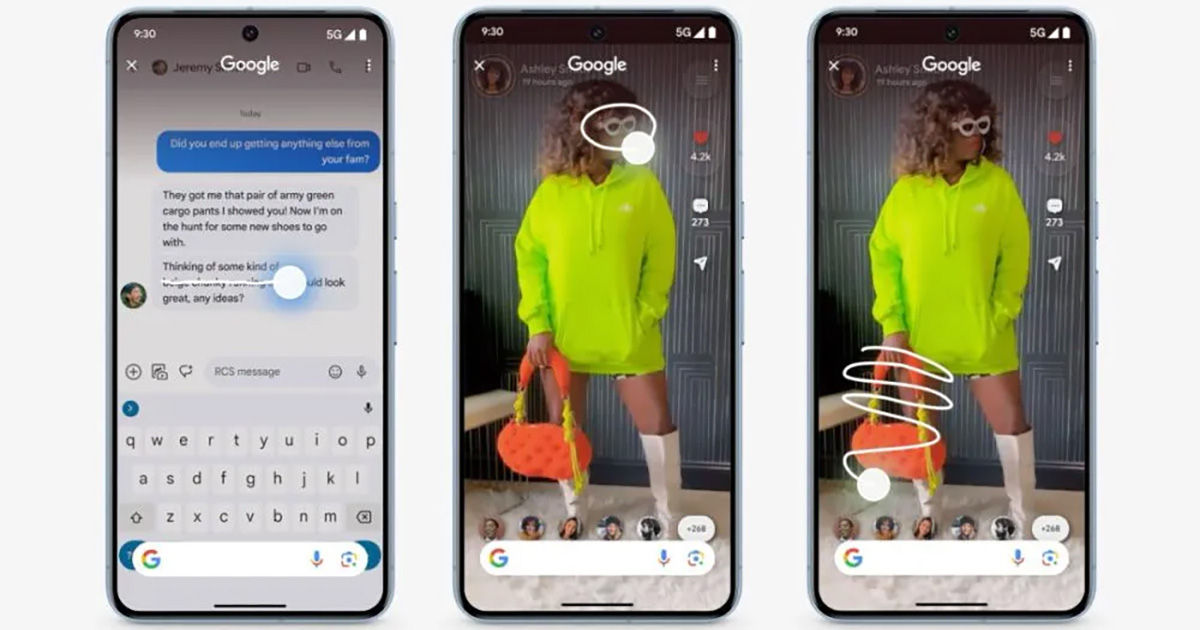
GenAI Will Also Impact Hardware
As reports around Apple’s AI plans indicate, GenAI won’t just be a smartphone software tweak. For our future smartphones to be capable of executing these tasks natively, it will also mean drawing on more computing power. Companies like Google and Samsung are already running models like Gemini Nano on-device because this is the most efficient solution. Samsung is also testing the Gemini Ultra LLM model as well.
Further, as a recent research paper showed, Apple is exploring how it can run LLMs on devices such as iPhones efficiently and accurately. Such an approach could also mean better privacy, aligning with Apple’s vision.
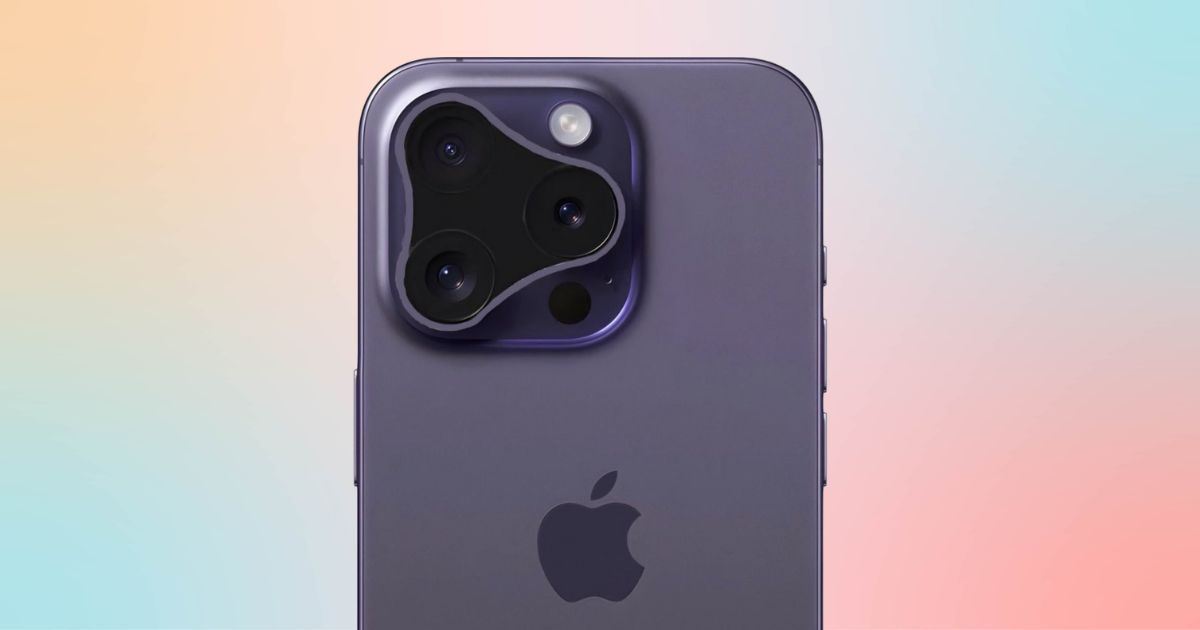
But for some features, smartphones will rely on cloud-based services. For instance, the Live Translate feature for calls on S24 requires an internet connection, as does the Tone Assist in Samsung’s Messages app. More importantly, Samsung is deploying Google’s Gemini Pro and Imagen 2 models for these new GenAI features on the S24 via the cloud.
Put simply, as phones begin running more complex AI-based tasks natively, the hardware will also have to catch up to ensure a smoother performance for users.
GenAI as a ‘Subscription’ Service
Companies could soon consider charging for these AI features, especially cloud-intensive ones. Samsung has already said that some of the AI-based features will be free till 2025, and after that period, it could be open to charging users for the same. Of course, Samsung’s plans might eventually change.
But, the idea that companies keep some features premium and paid could be closer to reality. If user dependence on GenAI features grows – which is expected – and if more of these features require cloud access, it will also mean increased costs for companies. These costs are likely to be passed on to the consumers.
The Smartphone Will Evolve
There’s no doubt that GenAI will increasingly occupy a more important role on our phones. It will impact hardware and software and how we interact with these devices. As more users interact with the technology, expectations will also increase. Given all the recent announcements, smartphone manufacturers are undoubtedly working to bring more such features to consumers. Whether a majority of these will be gimmicks or if they end up revolutionising our devices is something only time will tell.













